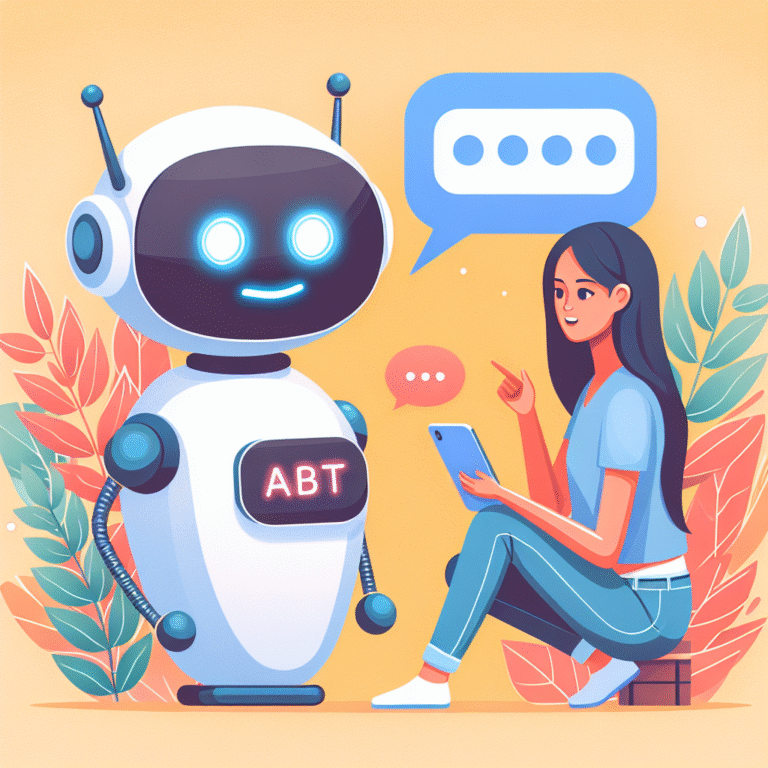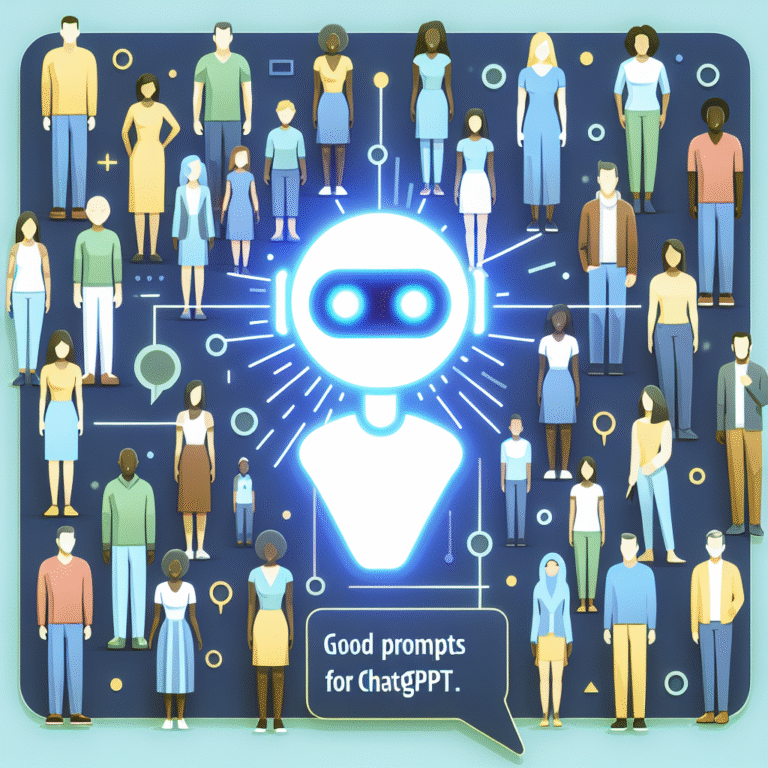AI Story Writing: The Future of Creative Content Generation
p>AI story writing is a rapidly evolving field that has been gaining significant attention in recent years. This innovative technology uses artificial intelligence algorithms to generate creative content, including stories, poems, and even entire scripts. The concept of AI story writing may seem like the stuff of science fiction, but it is becoming increasingly real, with many experts predicting that it will revolutionize the way we create and consume content. In this article, we will delve into the world of AI story writing, exploring its history, current state, and future potential. We will also examine the benefits and drawbacks of this technology, as well as its potential applications in various industries. Whether you are a writer, a marketer, or simply a curious individual, this article will provide you with a comprehensive understanding of AI story writing and its implications for the future of creative content generation. With the ability to analyze vast amounts of data, recognize patterns, and learn from experience, AI algorithms can generate high-quality content that is both engaging and coherent. This technology has the potential to disrupt traditional content creation methods, enabling businesses and individuals to produce large volumes of content quickly and efficiently. Moreover, AI story writing can help to overcome the challenges of writer’s block, providing a constant flow of new ideas and inspiration. As we explore the world of AI story writing, it is essential to consider the ethical implications of this technology, including issues related to authorship, ownership, and copyright. As AI-generated content becomes increasingly prevalent, it is crucial to establish clear guidelines and regulations to ensure that creators are fairly compensated for their work.
Introduction to AI Story Writing

AI story writing is a subset of natural language processing (NLP), a field of artificial intelligence that focuses on the interaction between computers and humans in natural language. NLP algorithms can analyze, understand, and generate human language, enabling applications such as language translation, sentiment analysis, and text summarization. AI story writing takes this technology a step further, using machine learning algorithms to generate creative content that is both coherent and engaging. This technology has been made possible by advances in deep learning, a type of machine learning that uses neural networks to analyze and process complex data. By training these networks on vast amounts of text data, AI algorithms can learn to recognize patterns, understand context, and generate content that is similar in style and structure to human-written text. The potential applications of AI story writing are vast, ranging from content marketing and advertising to education and entertainment. For example, AI-generated content can be used to create personalized marketing campaigns, generate educational materials, or even produce entire scripts for movies and television shows.
History of AI Story Writing
The concept of AI story writing is not new, with researchers experimenting with automated content generation as far back as the 1960s. However, it wasn’t until the development of modern machine learning algorithms that this technology began to show real promise. In the early 2000s, researchers began exploring the use of neural networks for natural language processing, leading to significant advances in areas such as language translation and text summarization. As the field of NLP continued to evolve, researchers began to apply these techniques to the generation of creative content, including stories, poems, and even music. Today, AI story writing is a rapidly growing field, with numerous startups and research institutions working to develop and refine this technology. Despite the many advances that have been made, AI story writing is still in its early stages, with many challenges and limitations that must be addressed before it can reach its full potential.
How AI story Writing Works

AI story writing uses a combination of natural language processing and machine learning algorithms to generate creative content. The process typically begins with a prompt or input, such as a topic, theme, or style. This input is then used to train a neural network, which analyzes vast amounts of text data to learn patterns, structures, and relationships. Once the network has been trained, it can generate content that is similar in style and structure to the input data. There are several different approaches to AI story writing, including generative adversarial networks (GANs), recurrent neural networks (RNNs), and long short-term memory (LSTM) networks. Each of these approaches has its strengths and weaknesses, and the choice of algorithm will depend on the specific application and desired outcome. For example, GANs are well-suited for generating realistic and coherent text, while RNNs and LSTMs are better suited for generating sequential data, such as stories or scripts.
Benefits of AI Story Writing
AI story writing has numerous benefits, including the ability to generate high-quality content quickly and efficiently. This technology can help to overcome the challenges of writer’s block, providing a constant flow of new ideas and inspiration. Additionally, AI story writing can help to reduce the cost and time associated with content creation, enabling businesses and individuals to produce large volumes of content without the need for human writers. AI-generated content can also be personalized to individual preferences, enabling businesses to create targeted marketing campaigns that are tailored to specific demographics or interests. Furthermore, AI story writing can help to improve the consistency and coherence of content, reducing the need for editing and revision. As the technology continues to evolve, we can expect to see even more innovative applications of AI story writing, from automated content generation to personalized entertainment and education.
Challenges and Limitations of AI story Writing

Despite the many benefits of AI story writing, there are several challenges and limitations that must be addressed. One of the primary concerns is the issue of authorship and ownership, as AI-generated content raises questions about who should be credited as the creator. Additionally, there are concerns about the potential for AI-generated content to be used for malicious purposes, such as spreading misinformation or creating fake news. Furthermore, AI story writing is still in its early stages, and the technology is not yet capable of producing content that is truly creative or original. While AI algorithms can generate content that is similar in style and structure to human-written text, they lack the nuance, empathy, and understanding that is necessary for truly great storytelling. As the technology continues to evolve, it will be essential to address these challenges and limitations, ensuring that AI story writing is used in a way that is responsible, ethical, and beneficial to society.
Real-World Applications of AI story Writing
AI story writing has numerous real-world applications, ranging from content marketing and advertising to education and entertainment. For example, AI-generated content can be used to create personalized marketing campaigns, generate educational materials, or even produce entire scripts for movies and television shows. Additionally, AI story writing can be used to generate content for social media platforms, such as Twitter and Facebook, enabling businesses to create targeted and engaging content that is tailored to specific demographics or interests. Furthermore, AI story writing can be used to generate content for chatbots and virtual assistants, enabling these systems to provide more personalized and human-like interactions. As the technology continues to evolve, we can expect to see even more innovative applications of AI story writing, from automated content generation to personalized entertainment and education.
Conclusion and Future Directions
In conclusion, AI story writing is a rapidly evolving field that has the potential to revolutionize the way we create and consume content. While the technology is still in its early stages, it has already shown significant promise, with numerous applications in areas such as content marketing, education, and entertainment. As the technology continues to evolve, it will be essential to address the challenges and limitations of AI story writing, ensuring that it is used in a way that is responsible, ethical, and beneficial to society. One of the key areas of focus will be the development of more advanced algorithms and models, capable of generating content that is truly creative and original. Additionally, there will be a need for clearer guidelines and regulations, establishing standards for authorship, ownership, and copyright in the age of AI-generated content. As we look to the future, it is clear that AI story writing will play an increasingly important role in shaping the way we create and consume content, enabling new forms of storytelling, entertainment, and education that were previously unimaginable.
As we continue to explore the possibilities of AI story writing, it is essential to consider the potential implications of this technology on the future of work and creativity. While AI-generated content may displace some human writers, it is also likely to create new opportunities for content creators, enabling them to focus on higher-level tasks such as strategy, editing, and direction. Furthermore, AI story writing has the potential to democratize content creation, enabling individuals and businesses to produce high-quality content without the need for extensive resources or expertise. As the technology continues to evolve, it will be essential to monitor its impact on the creative industries, ensuring that it is used in a way that is fair, equitable, and beneficial to all stakeholders. With its potential to revolutionize the way we create and consume content, AI story writing is an exciting and rapidly evolving field that is sure to have a significant impact on the future of creative content generation.
In the end, the future of AI story writing is bright, with numerous opportunities for growth, innovation, and exploration. As we continue to push the boundaries of what is possible with this technology, we can expect to see new and exciting applications emerge, from automated content generation to personalized entertainment and education. Whether you are a writer, a marketer, or simply a curious individual, AI story writing is an area that is worth watching, with its potential to shape the future of creative content generation and transform the way we interact with technology. With its ability to generate high-quality content quickly and efficiently, AI story writing is an essential tool for businesses and individuals looking to stay ahead of the curve in the digital age. As we look to the future, it is clear that AI story writing will play an increasingly important role in shaping the way we create and consume content, enabling new forms of storytelling, entertainment, and education that were previously unimaginable.




